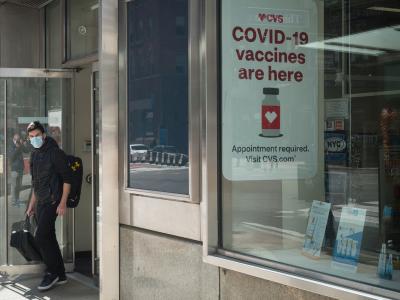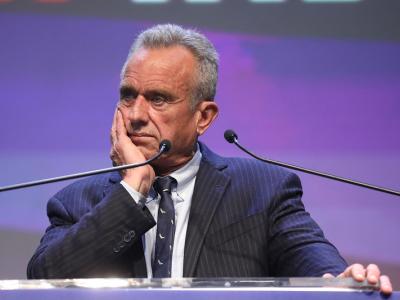A study from researchers at the University of Kansas shows Southern states may have carried the brunt of mental health troubles during the COVID-19 pandemic, with people in that region most consistently worried about finances throughout COVID-19 lockdowns and the emergence of new strains of the virus. The findings were published yesterday in PLOS One.
The study focused on rates of anxiety, depression, and financial worries as stand-ins for mental health during the pandemic and relied on survey repossess gathered via the Delphi Group at Carnegie Mellon University. It also revealed more angst in Republican states later in the pandemic.
For the daily voluntary survey, Facebook users could respond starting on September 8, 2020, through March 2, 2021, and in a second period from March 2, 2021, to January 10, 2022.
In both timeframes, the South had the highest percentages of people worried about finances. During the early pandemic, Northeastern residents reported the most anxiety, but the later period saw more anxiety in the South.
During the second wave, we see that the southern states consistently had the highest average correlation values for feeling anxious, feeling depressed, and worried about finance.
"During the second wave, we see that the southern states consistently had the highest average correlation values for feeling anxious, feeling depressed, and worried about finance," the authors wrote.
Worries spiked during Delta
Mental distress seemed to peak when the Delta variant emerged.
"Increase in feeling anxious and feeling depressed in the southern states overlapped with the increase in COVID-19 related cases, deaths, and hospitalizations when the Delta variant was spreading rapidly," the authors noted.
During the rise of the Delta variant, some states began to enact COVID restrictions that had been lifted. The uncertainty likely contributed to mental distress, the authors said.
"The United States' decision to opt for individual state policies led to conflicting information from several state policies, and mismanagement of vaccines rolled out, leading to the rise of COVID-19 incidence report, which coincided with an association of increased feelings of anxiety," study author Raul Saenz-Escarcega said in a University of Kansas press release.
"Although there was government intervention in the form of economic relief programs to curb financial worries, coverage of the delta variant emerging saw a positive association of anxiety across the states."
More anxiety in Republican states
The authors also attempted to use a model to analyze results through the lens of political party affiliation. Respondents in Republican states—those that went Republican during the 2020 presidential election—reported more anxiety and depression in the later stages of the pandemic.
"This observation is reasonable given the large spike in COVID-19 cases, hospitalizations, and deaths seen in the Republican states," the authors wrote.



















